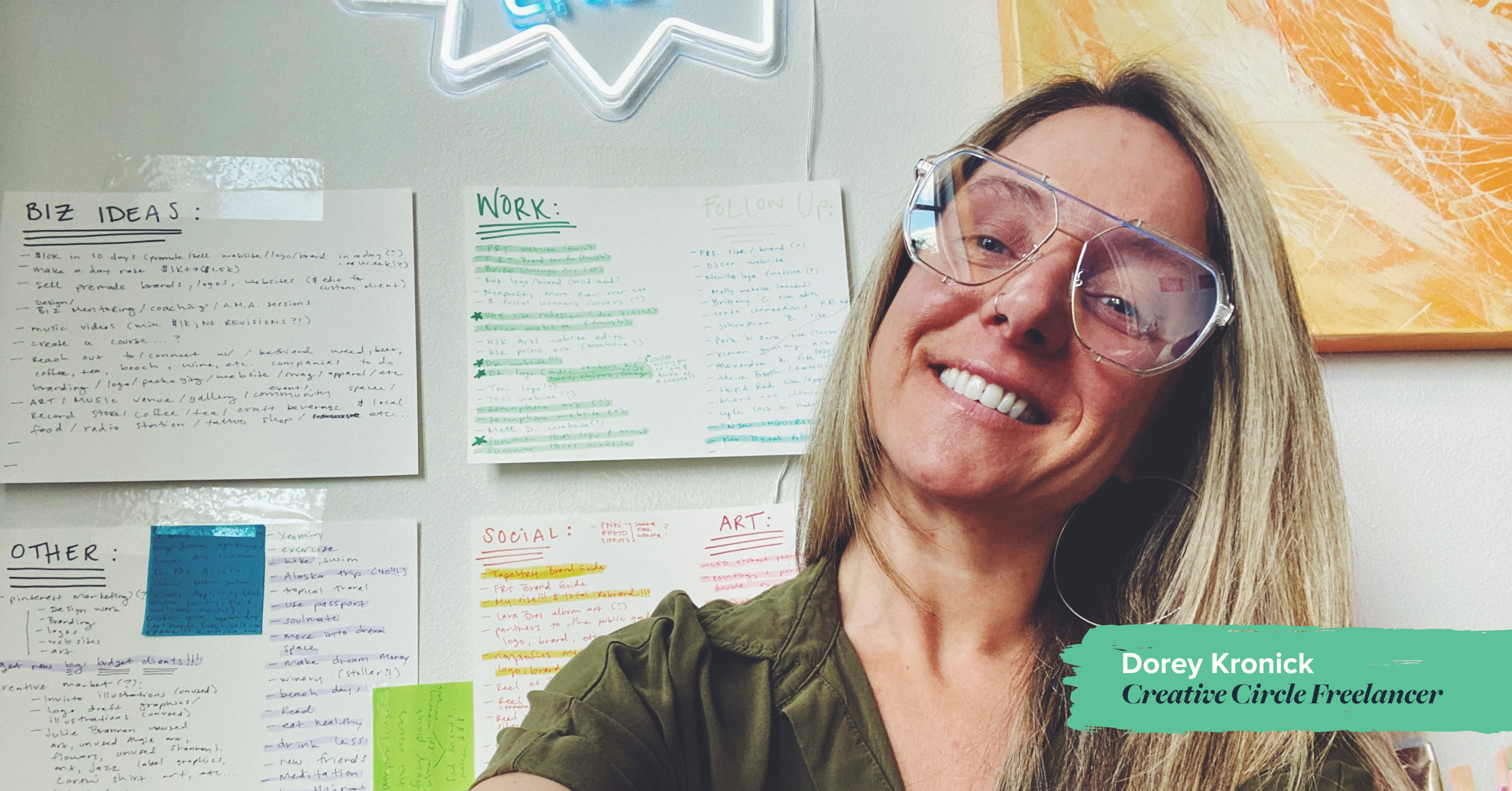Media buyers do precisely what it sounds like they do: buy media space — but here’s what that really means. For advertising campaigns to be successful, they must be targeted to particular groups or demographics to impact sales of a brand’s products or services. Whatever the media outlet — print, radio, television, digital, billboards, and more — companies need someone (hello media buyer!) to conduct media research and know the best ways to reach those target customers. The media buyer magic is to successfully assess individual platforms and media channels to make sage decisions about where advertising campaigns should be unleashed.
WHAT DOES A MEDIA BUYER DO?
The essence of the media buyer role is to ensure that a company’s advertising message rises above the noisy fray of an ever-expanding mediascape. From billboards to magazines to banner ads on websites — media buyers vie to get their company’s brand seen by the right audience at the right time in the right place through strategically purchased advertising buys.
Media buyers are responsible for negotiating price and placement for all ads on radio, print, television, and digital — and ensure that all media inventory (running the gamut of logistical details including times, days, lengths, and size of placements) is purchased within a pre-designated budget. The goal is simple: ensure that ads are seen by the most people within a particular target audience while staying within budget.
The three main specialties within media buying are determined by advertising format.
- Traditional advertising includes television, radio, print (from magazines to newspapers and direct mail), and outdoor (think billboards, bus stops, subway platform posters).
- Interactive marketing includes banner ads, web ads, mobile apps, email blasts, native advertising, and social media, among other digital platforms.
- Engagement marketing includes experiential campaigns (which can range from events to immersive environmental concepts), point-of-purchase (like in-store demos), and behavioral marketing (which can span from viral marketing campaigns to street teams).
It’s a changing landscape; agility is vital. The way people consume media content is in a constant state of flux. Individual channels become more or less relevant and useful at reaching specific demographic groups — which is why media buyers need to keep abreast of new forms of advertising and media to ensure that the brand and products they represent maintain a strong position in the marketplace.
WHAT’S THE DIFFERENCE BETWEEN A MEDIA PLANNER AND A MEDIA BUYER?
Say hello to two of the most important cogs in the great advertising machine: media planners and media buyers. While the two roles are often lumped together, media planning and media buying are distinct — it is likely best to describe their relationship in the mediascape as a symbiotic one, as their individual roles experience peak performance when working in tandem. Most media professionals know that an integrated approach to creating, planning, and broadcasting delivers the best ROI for advertising campaigns.
Together, media planners and media buyers connect media strategy elements to an actual media platform. Without them, advertising campaigns would wallow in the darkness of creative obscurity instead of garnering potential consumers’ attention.
Media planners are tasked with figuring out what media platform will be the most effective for a particular campaign. They research the best way to achieve the client’s aims while outlining specific campaign goals and objectives. And they set how the budget should be allocated across the various media platforms chosen.
The primary roles of a media planner include:
- Conducting external market research to assess the lay of the media land for a client’s particular field, looking into how a brand is currently advertising, what their competitors are doing, what inspires and motivates their target audience, and what media channels have been most effective in reaching them.
- Conducting internal market research to uncover what a client’s brand identity really is, what unique value proposition and selling points are, and get a sense from demographic research who the particular customer personality is.
- Setting campaign goals and objectives for what is likely the most essential interface for an advertising campaign. The nexus between what a client hopes to achieve and what media planners believe can be achieved is the crux on which campaigns’ success rests.
Media buyers receive the media strategy from their media planners for an ad campaign — and then ensure that the ads are featured in the most appropriate media channels, as cost-effectively as possible. Successful media buyers possess an intimate understanding of the media landscape and have cultivated and nurtured relationships with media vendors throughout their professional lives.
The primary roles of a media buyer include:
- Cultivating and leveraging contacts is the heart of media buying. Who you know may well trump what you know for successful media buyers — media buyers have to know the right people in the right places.
- Knowing where the space is and how to get it (for a good price) is the name of the media buying game. The right people matter, but they have to be in the right places for a client’s campaign. The goal? Find the perfect space to get the best exposure for a client, yielding the best return for the best price. Phew.
- The ability to tweak and finesse a campaign in motion is also paramount. Once the strategy is handed off from the media planner to the media buyer, it is up to the media buyer to optimize the platforms and channels used to ensure the campaign’s effectiveness across its lifecycle.
YOU NEED THESE ATTRIBUTES AND CHARACTERISTICS TO SUCCEED AS A MEDIA BUYER
- Excellent negotiation and relationship-building skills. This job is all about negotiating terms and money — so media buyers need to excel in this department in spades.
- A nuanced understanding of media consumption and overarching marketing strategy is essential for media buyers.
- A strategic financial mindset to calculate rates, budgets, and usage is key to succeeding as a media buyer because they are the team’s money managers.
- Budget savoir-faire. Media buyers have to make the advertising magic happen but within budget. The name of the game is getting the best inventory for the best price for the most impact on the leading demographic.
KEY RESPONSIBILITIES OF A MEDIA BUYER
- Monitor daily client performance and campaign delivery across channels to ensure strategies are implemented correctly and goals met
- Connect the dots between internal teams, vendors, and media network partners
- Perform research and analysis of media landscape using Nielsen, Kantar, iSpot, and other research platforms
- Evaluate and negotiate new media opportunities and advertising contracts
- Utilize web analytics tools to monitor digital campaigns
- Monitor costs and ROI (return on investment)
- Ensure ads are displayed correctly across channel distribution
- Communicate with media companies to find available times and spaces and pricing for ad placements
QUALIFICATIONS
Most media buying professionals hold a bachelor’s degree, with majors in marketing, communications, or public relations. In terms of personality, this is a people person, numbers loving role — you’ll need to like both to succeed. It is useful to have experience in both advertising and media outreach and learn how to utilize media research strategies like Nielsen research tools.
SALARY
Many media buyers earn part of their income from commission. The more advertising space and time they buy, the more money they stand to gain. Therefore base salary is not necessarily reflective of full earnings potential. Media buyers make on average $80,509 a year, but the position offers career growth opportunities that could lead to higher-value roles with experience.
About the author.
An award-winning creator and digital health, wellness, and lifestyle content strategist — Karina writes, edits, and produces compelling content across multiple platforms — including articles, video, interactive tools, and documentary film. Her work has been featured on MSN Lifestyle, Apartment Therapy, Goop, Psycom, Pregnancy & Newborn, Eat This Not That, thirdAGE, and Remedy Health Media digital properties.




